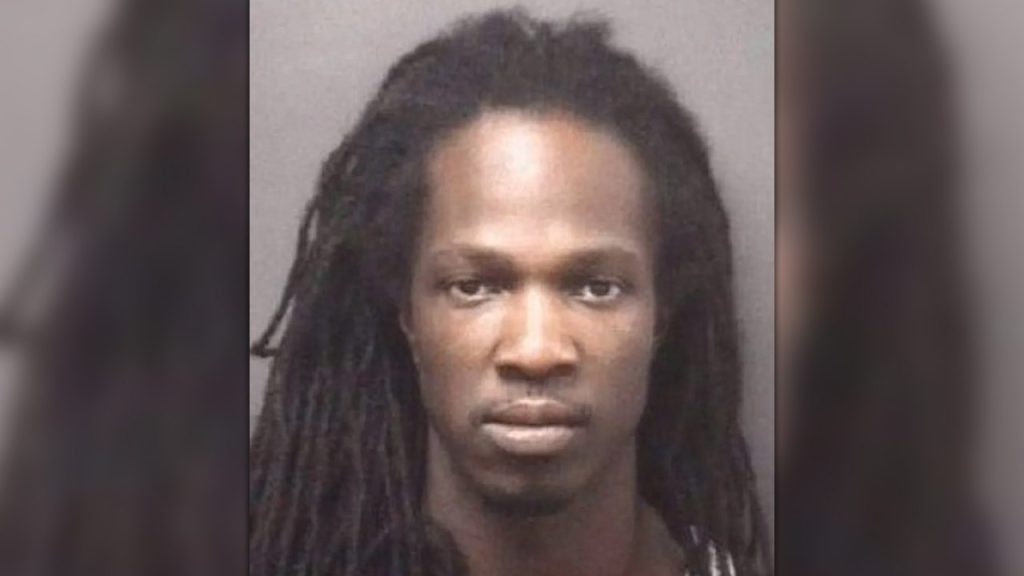The commutation of Brandon Council’s death sentence by President Biden has sparked controversy and renewed debate about the death penalty. Council, convicted of robbing a South Carolina bank and brutally murdering two employees, Donna Major and Kathryn Skeen, in 2017, was one of 37 federal death row inmates whose sentences were commuted to life in prison without parole. This decision has left the victims’ families grappling with renewed grief and frustration, while supporters of the commutation argue that it aligns with broader efforts to move away from capital punishment.
Derek Shoemake, a former federal prosecutor instrumental in securing Council’s original death sentence, expressed profound disappointment. He described the commutation as a painful blow to the families of Major and Skeen, who were described as beloved members of their community. Shoemake emphasized the meticulous and thorough process the jury underwent, listening to weeks of evidence and carefully deliberating before handing down the death penalty. He lamented that this decision, made by a jury of South Carolinians, was overturned by a distant political authority. Shoemake also highlighted the stark contrast between the ongoing grief and loss experienced by the victims’ families, particularly during the holiday season, and the perceived “political victory” afforded to Council and the other inmates.
The heinous nature of Council’s crimes underscores the gravity of the case. He entered the CresCom Bank with a premeditated plan to rob and kill. He shot Major, the teller, multiple times and then proceeded to hunt down Skeen, the bank manager, shooting her multiple times as she hid under her desk. After stealing cash, car keys, and bank cards, he fled the scene, leaving behind a scene of unimaginable horror. This calculated and brutal act, coupled with a subsequent confession to the FBI detailing his willingness to kill, painted a picture of a remorseless individual, according to prosecutors.
While acknowledging the profound pain and suffering of the victims’ families, President Biden defended his decision by citing his opposition to the death penalty. He stated that while he condemns the heinous acts committed by these individuals, he could not in good conscience allow the resumption of federal executions, which he had halted upon taking office. This decision marks a significant shift in federal policy and reflects the ongoing national dialogue concerning the morality and efficacy of capital punishment.
The commutation of these sentences leaves only three inmates on federal death row. These individuals – Robert Bowers, Dylann Roof, and Dzhokhar Tsarnaev – are all convicted of acts of domestic terrorism that resulted in mass casualties. The cases of these remaining inmates highlight the complex and often contentious intersection of justice, punishment, and societal values. Their continued presence on death row underscores the ongoing debate regarding the appropriateness of capital punishment for the most egregious crimes.
The commutation of Brandon Council’s sentence and the broader decision to commute the sentences of 37 federal death row inmates raises significant questions about the future of capital punishment in the United States. It highlights the tension between the pursuit of justice for victims and their families, the societal desire for retribution, and evolving perspectives on the humanity and morality of the death penalty. While the Biden administration frames these commutations as a step away from a flawed and morally questionable practice, critics argue that it undermines the justice system and disrespects the memories of the victims. This debate will undoubtedly continue to unfold as the nation grapples with the complexities of crime, punishment, and the ultimate question of life and death.


